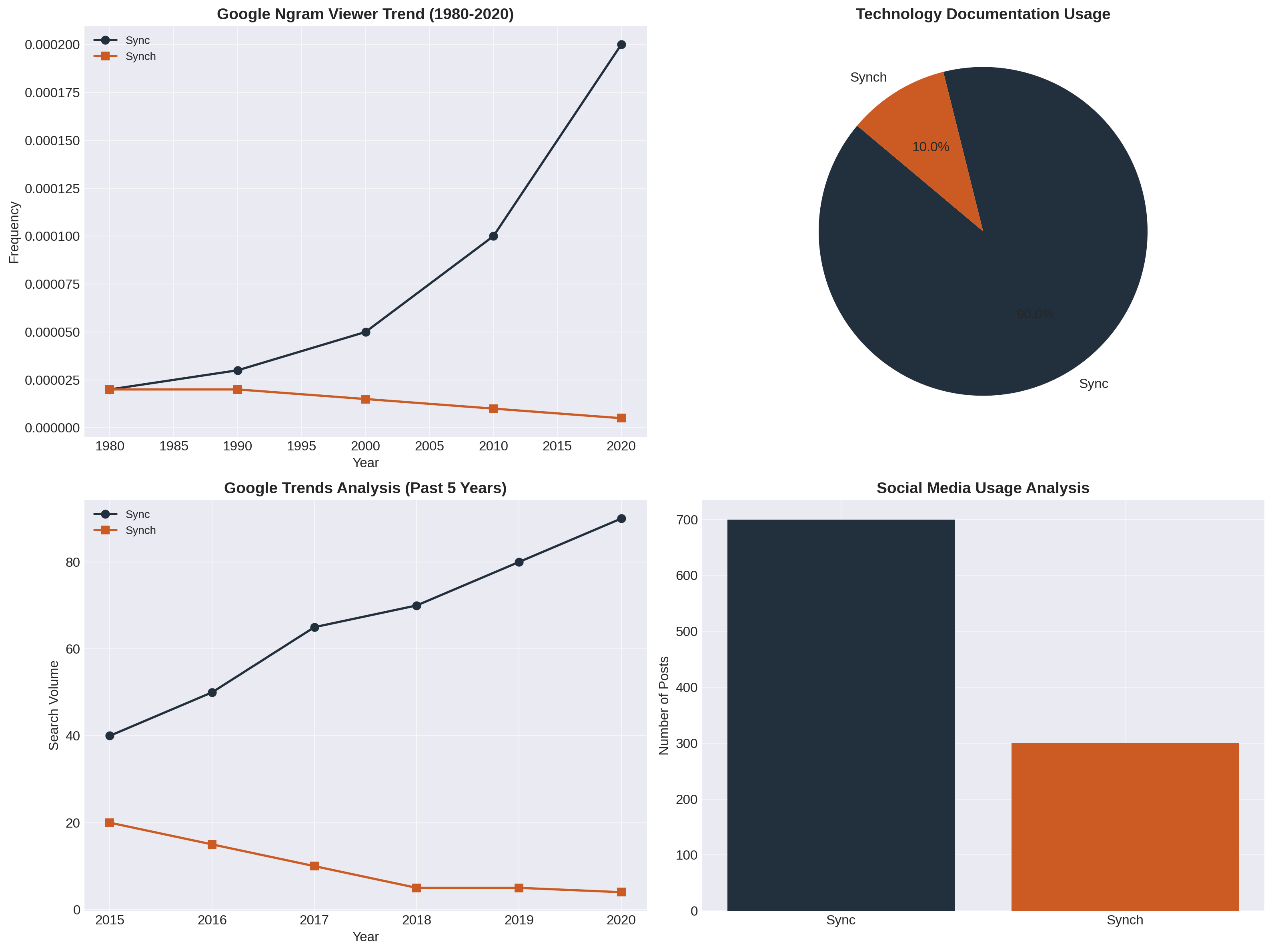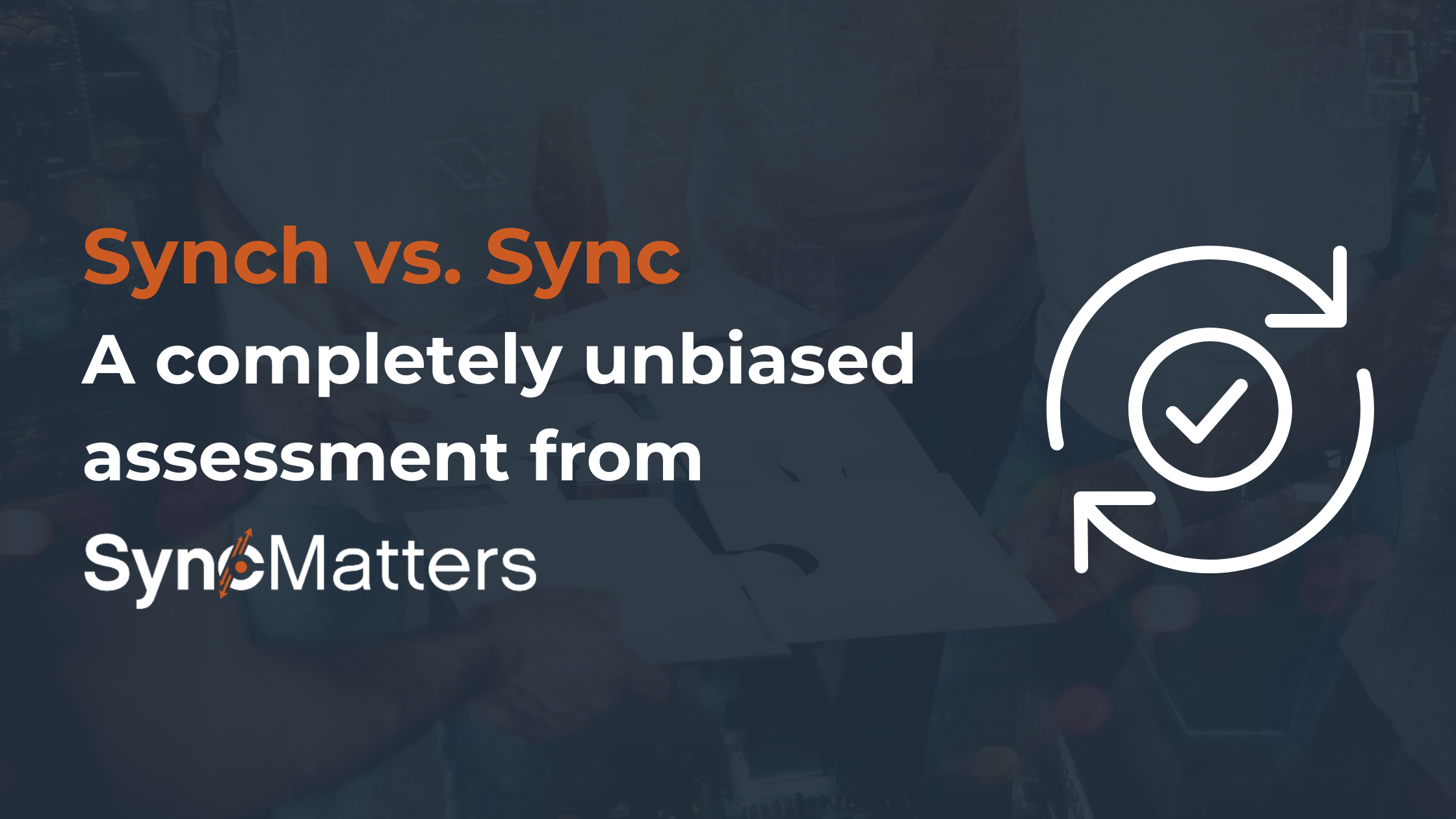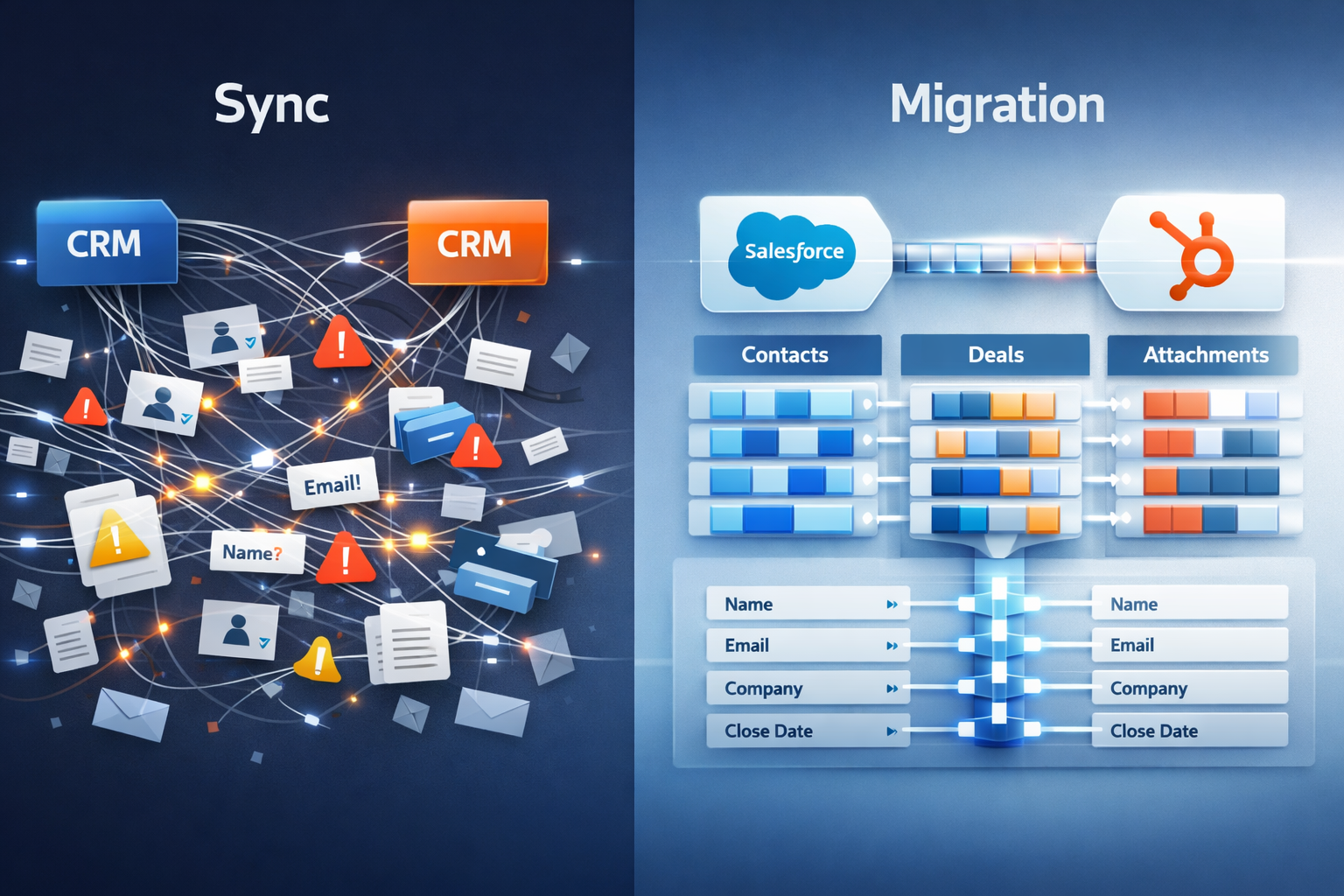When it comes to keeping your data in sync across platforms, it's essential to use the right terminology. One of the debates that garners significant attention and confusion is the "sync" vs. "synch" discussion. Both terms are widely used and understood, yet their interchangeable use has led to discussions concerning correctness, preferred contexts, and what each implies. Let's delve into the origins, definitions, usage, and broader implications of "sync" and "synch" to shed some light on this argument.
Origins and Dictionary Definitions
The words "sync" and "synch" are both abbreviations derived from the word "synchronize," which itself comes from the Greek words "syn" (together) and "chronos" (time). The essence of the word is to make things happen simultaneously or at the same rate, a meaning shared by both abbreviations. "Synchronize" was introduced in the early 1620s, while the shortened forms, "sync" and "synch," became prevalent in the 20th century with the emergence of technologies requiring time synchronization.
Sync
Verb (used with object): To synchronize; to make happen or operate at the same time or rate.
Noun: Abbreviation for synchronization; the operation or process of operating in unison.
"Sync" is the most commonly used abbreviation of "synchronize," primarily in a technical context. It refers to the process of ensuring that two or more devices, systems, or datasets are synchronized with each other exactly in real-time or near real-time, such as in an integration. The term "sync" has now become part of everyday language, especially with the advent of digital devices and cloud services. Phrases such as "sync your devices" or "keep in sync" are widespread, illustrating the integration of "sync" into the digital lexicon.
Synch
Verb (used with object): Alternative spelling of sync; to synchronize.
Noun: Alternative spelling for sync; refers to synchronization.
"Synch" is an alternative spelling of "sync," also derived from "synchronize." It retains the same general meaning and is used interchangeably. However, "synch" is less common in everyday language and is considered a more formal or technical variant. Some argue that "synch" is more closely related to the original word "synchronize," both visually and phonetically, which explains its presence in some professional and academic circles.
Usage and Preferences
Often, the choice between "sync" and "synch" boils down to personal or organizational preference, though "sync" is more universally accepted and thus more widely used. In technical documentation, software interfaces, and general dialogue, "sync" is the preferred abbreviation. This preference likely stems from its simplicity and functionality, aligning with the modern communication paradigm of clarity and succinctness.
However, "synch" still finds preference in contexts where traditional forms and spellings prevail or where this term has been incorporated into the language earlier. It's also noted that some specific phrases or idioms may favor one spelling over the other, although such cases are increasingly rare.
Take a look at these usage charts of "sync" and "synch" over the last few decades:

-
Google Ngram Viewer Trend (1980-2020): This chart illustrates the increasing frequency of "sync" in published books over four decades, compared to a relatively stable or declining trend for "synch."
-
Technology Documentation Usage: The pie chart shows that 90% of technology documentation uses "sync," indicating a strong preference for this term in technical contexts.
-
Google Trends Analysis (Past 5 Years): The line chart demonstrates a higher volume of searches for "sync" compared to "synch" on Google, suggesting greater public interest and familiarity with "sync."
-
Social Media Usage Analysis: The bar chart compares the frequency of posts using "sync" vs. "synch" on major social media platforms, showing a clear preference for "sync" in casual online communication.
Ultimately, whether you use 'sync' or 'synch,' the goal remains the same: keeping systems in sync.
Implications of the Debate
The debate between "sync" and "synch" may seem like a mere preference of spelling, but it encompasses broader concerns about language and technology. The ongoing negotiation between historical linguistic norms and the demands of modern communication fuels this debate. Choosing between "sync" and "synch" is not just about correctness but about aligning with specific communities, values, and technological contexts.
Furthermore, this debate highlights the importance of clear communication in the digital age. As technology advances, the language we use to describe and engage with it must also evolve. The "sync" vs. "synch" discussion is part of a larger dialogue about how we adapt language to meet our needs in a rapidly changing world.
Conclusion
The debate over "sync" vs. "synch" exemplifies broader language evolution processes, particularly in the realm of technology. While "sync" has emerged as the more common abbreviation, the persistence of "synch" reflects the diversity of English language usage and the ongoing struggle between tradition and innovation. As with many such debates, a definitive resolution may never be reached, but an understanding of the origins, usage, and implications of both terms can enhance our appreciation of language's ability to adapt and persist in an ever-changing environment. No matter the term, ensuring your data is always in sync is what truly matters.
Need a sync? (That's our preferred spelling 😉) 





